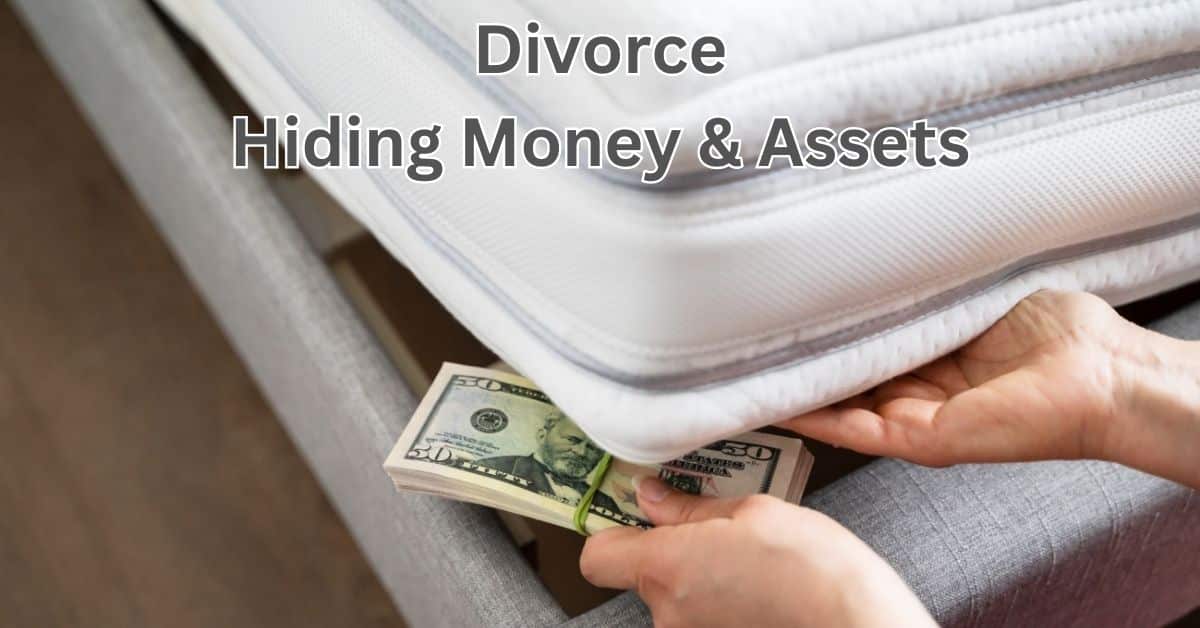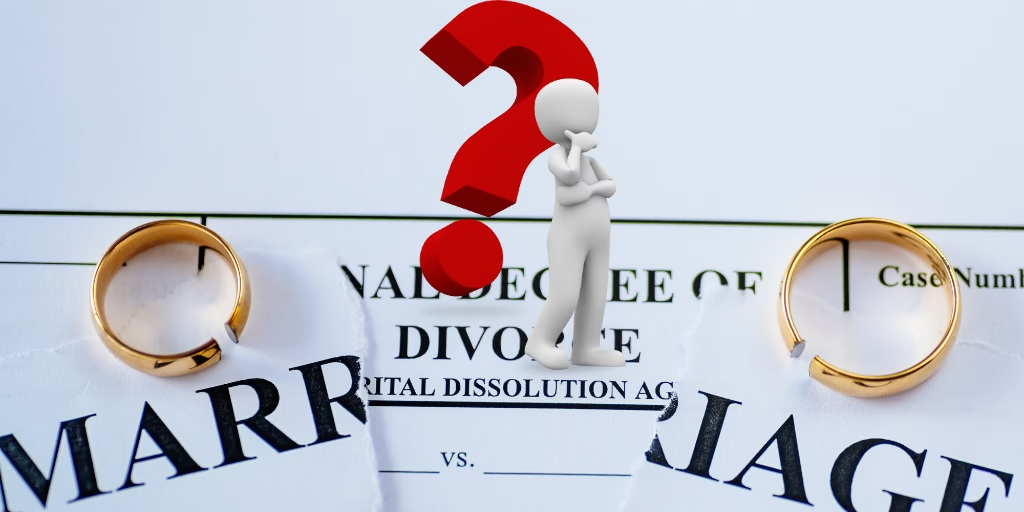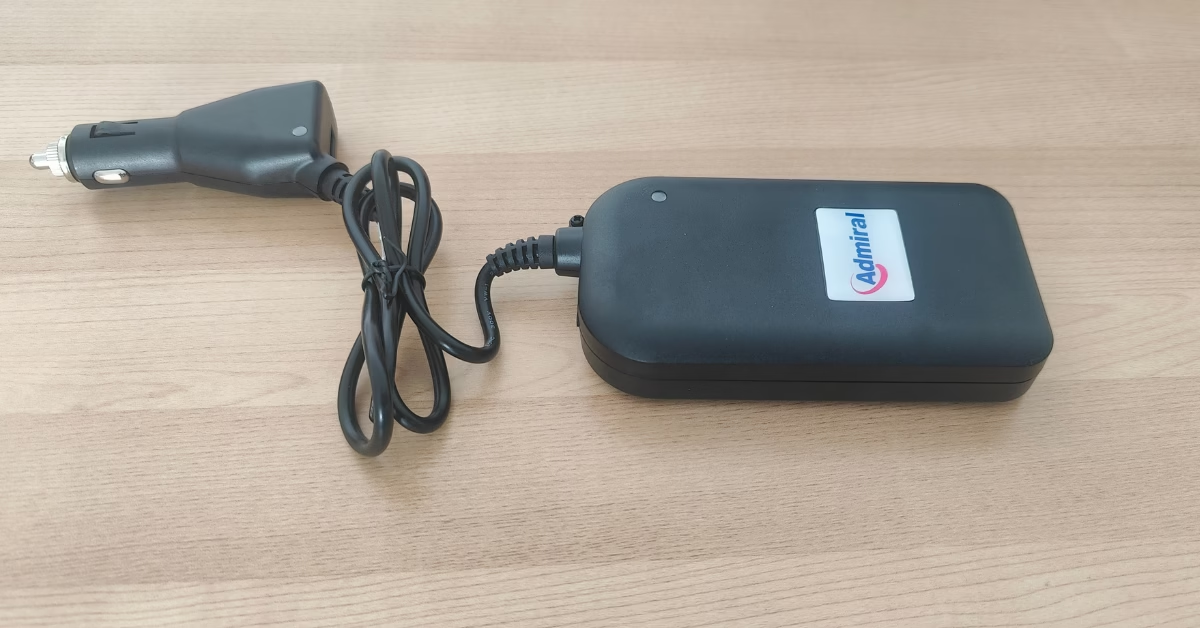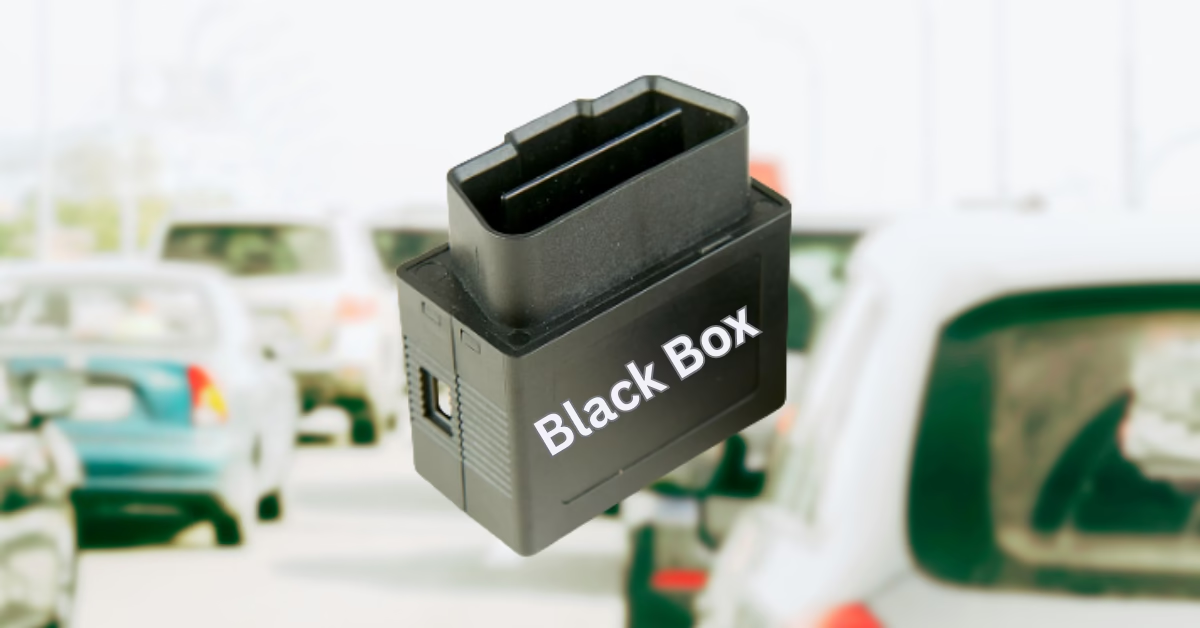You’re going through a divorce and feel it’s unfair that your partner will probably receive a hefty share of your hard-earned cash. I certainly know that feeling and am sure that many other people going through divorce think the same.
It’s Difficult To Hide Money & Assets
Once you start looking into it, hiding money and assets is quite difficult. The reason for this is that every transaction you make is recorded somewhere.
One of the first steps of the divorce process is to complete a full financial disclosure, meaning you have to declare all your financial information for at least the past 12 months. Sharing bank statements, pay slips, savings, pensions, etc with your partner so they know your financial position.
Obviously, at this point, you can hold bank information on some savings you might have tucked away or investments your partner doesn’t know about. The problem is how you have been paying into the savings account, where has the money been coming from to invest? Probably from a bank account you have declared, so when your partner or solicitor starts looking through the statements, they will spot the ‘suspicious’ outgoings.
No products found.
How To Legally Hide Money & Assets
1) Blow your money on good times
If you have some money saved away and don’t want your partner getting their hands on it, then why not go and do some of those things on your bucket list.
When I asked my divorce solicitor about any restrictions on how I spent my money, he told me not to be ‘reckless’. He didn’t mention any rules or laws I had to adhere to.
If you always wanted to take the kids on a luxury holiday, now might be a good time.
No products found.
2) Creative accounting
If you have an accountant, it will be worth speaking to them. They may have perfectly legal ideas to help your situation. If you have your own business, then definitely talk to your accountant.
3) Delay bonuses and commissions
If your job pays out bonuses or commissions, you could ask your employer to delay these until you get divorced. I’m not sure many employers would agree to do this, but you never know.
Questionable Ways Of Hiding Money and Assets During Divorce
Hide money long before you start the divorce process
As mentioned above, the divorce process usually starts with a full financial disclosure, which goes back at least 12 months. So, if you’re able, you could start hiding money and assets 12 months before kicking off the divorce process.
No products found.
Possible problems with this:
- This relies on you being very patient and some long-term planning, which is not easy.
- The 12-month financial disclosure is just a guide; there is nothing to stop your partner from requesting a financial disclosure that goes back 18 months or longer. I have seen a number of online sources that suggest 3 years is the maximum amount of time a full financial disclosure can go back.
- Your partner kicks off the divorce process, not giving you time to make the financial adjustments.
The advantages
- You could save a lot of money by not having it declared in the divorce.
- I would say with some careful planning and patience, this could be a really good way to hide money from the divorce.
No products found.
Withdrawing cash
This is probably one of the easier ways of hiding money. Once money has been withdrawn from your account as cash, it can no longer be tracked. Obviously, it will show on your bank statement that the money has been withdrawn as cash.
Downsides of withdrawing cash:
- You are limited by the amount of cash you can withdraw. These is not only limits set by cash points (around £300 per day for most personal current accounts), but also you will need to limit the amount you withdraw so it doesn’t look too suspicious.
- What do you do with the cash you have been withdrawing? Hide it somewhere, or have a trusted friend or family member hold the money in their account for you.
- If you don’t usually withdraw cash, will it look suspicious that you suddenly start taking lots of cash out of your bank account?
No products found.
The benefits of withdrawing cash
- It’s very easy to do
- Unless you withdraw large amounts of cash, it probably isn’t worth it for your partner to pursue you.
- If your partner does question you about all the cash withdrawals, you can come up with all sorts of reasons for the withdrawals, there’s no way for your partner to prove otherwise.
Gift cards and high street vouchers
Gift cards and high street vouchers are nearly as good as having cash. You can buy them from almost anywhere; most have many years before they expire. Ideally, get gift cards and vouchers that are well-established and can be used at a large number of different shops.
No products found.
What Happens If You Get Caught Hiding Money During a Divorce
I don’t know what the legal implications are for deliberately hiding money. You might get a fine, the divorce court might award your partner more, or you may be chucked into prison. I would imagine a lot depends on the circumstances and how much was deliberately hidden.
“Don’t do the crime if can’t do the time”
Conclusion: Divorce Hiding Money & Assets
If you’ve been married for a long time, your partner will likely have a good idea of your financial situation, so trying to hide money and assets from them will be very difficult. Then there are things you can’t hide, like the value of your home and shared accounts.
FAQ: Divorce – Money and Assets
Do you have to declare all your personal financial information during a divorce?
Do I have to declare assets that I had before I got married?
Yes.
I had a pension before I got married, which I never paid into when I was married, but my solicitor told me that I still had to declare it as a matrimonial asset.
Is hiding money and assets during divorce illegal?
How can I protect my money and assets during a divorce?
If you want to make sure you stay 100% legal, then you will need professional advice from a solicitor and \ or an accountant.
No products found.







